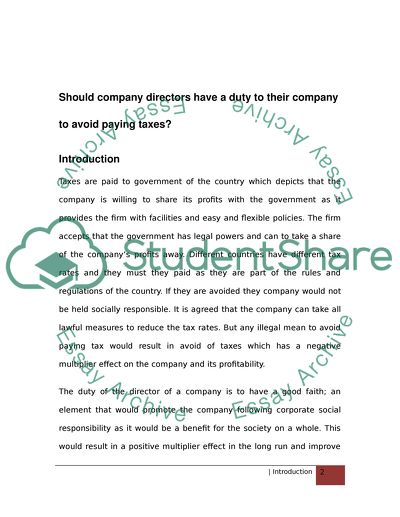Cite this document
(“Directors responsibilities with regard to avoidance of tax Assignment”, n.d.)
Retrieved from https://studentshare.org/law/1404191-should-company-directors-have-a-duty-to-their
Retrieved from https://studentshare.org/law/1404191-should-company-directors-have-a-duty-to-their
(Directors Responsibilities With Regard to Avoidance of Tax Assignment)
https://studentshare.org/law/1404191-should-company-directors-have-a-duty-to-their.
https://studentshare.org/law/1404191-should-company-directors-have-a-duty-to-their.
“Directors Responsibilities With Regard to Avoidance of Tax Assignment”, n.d. https://studentshare.org/law/1404191-should-company-directors-have-a-duty-to-their.


